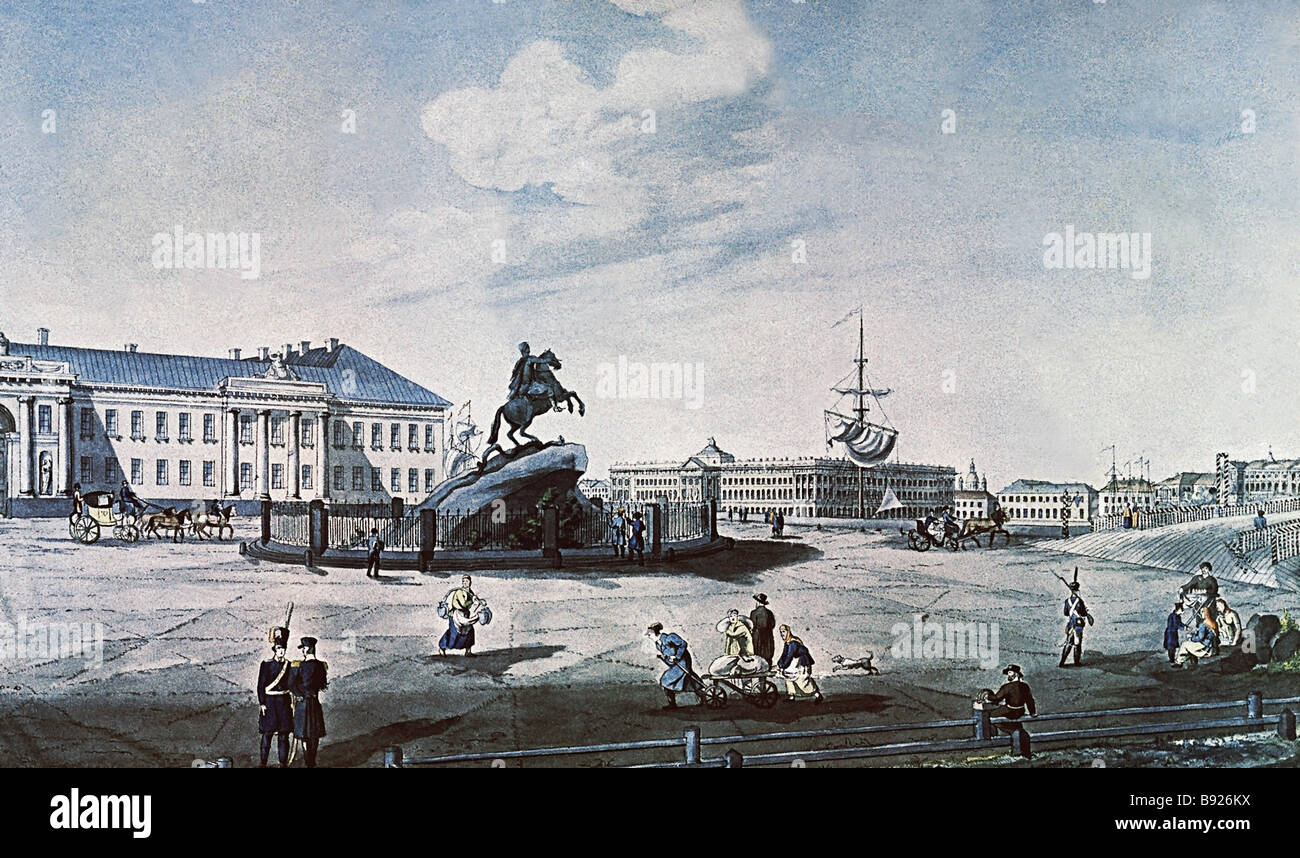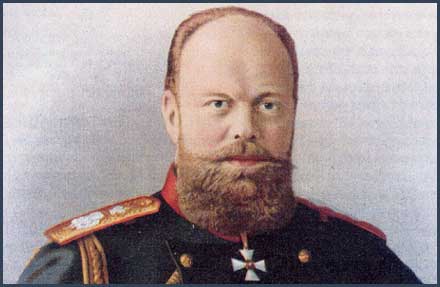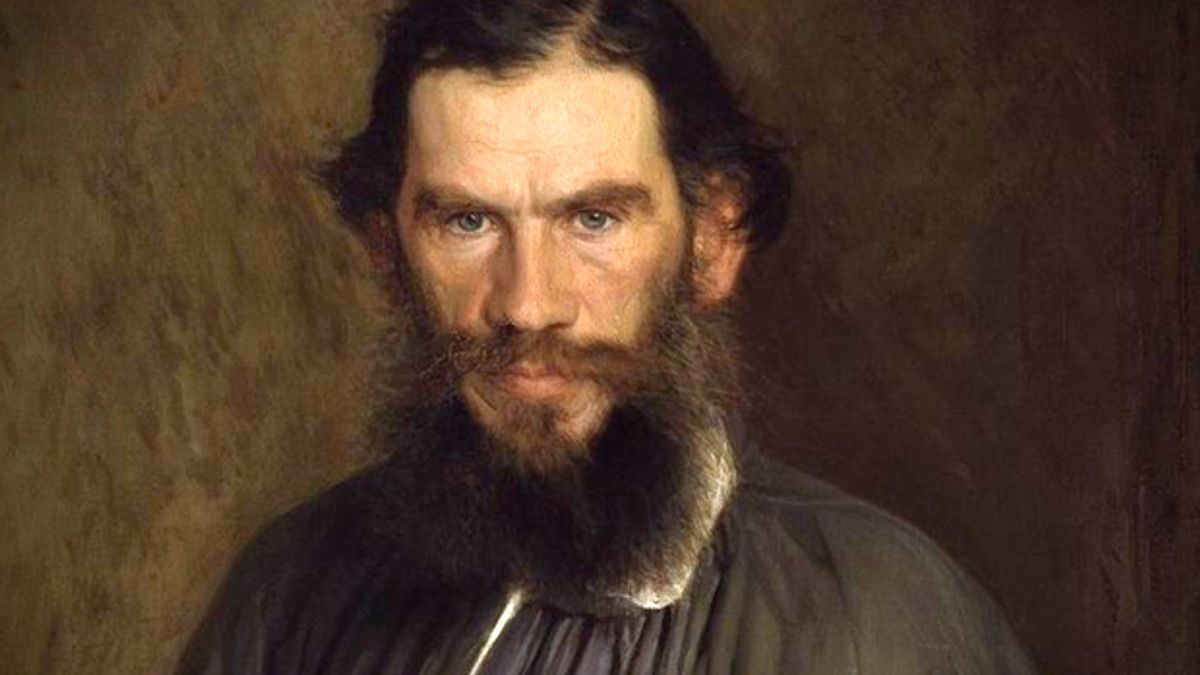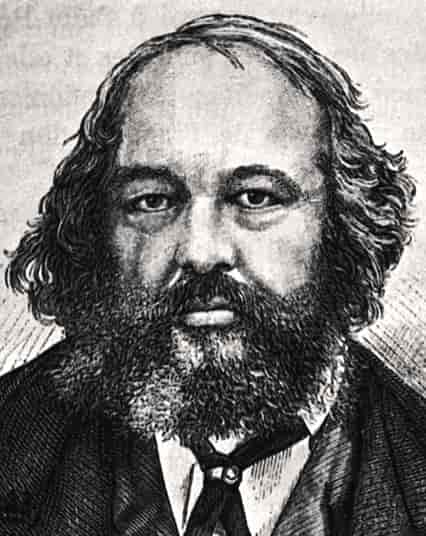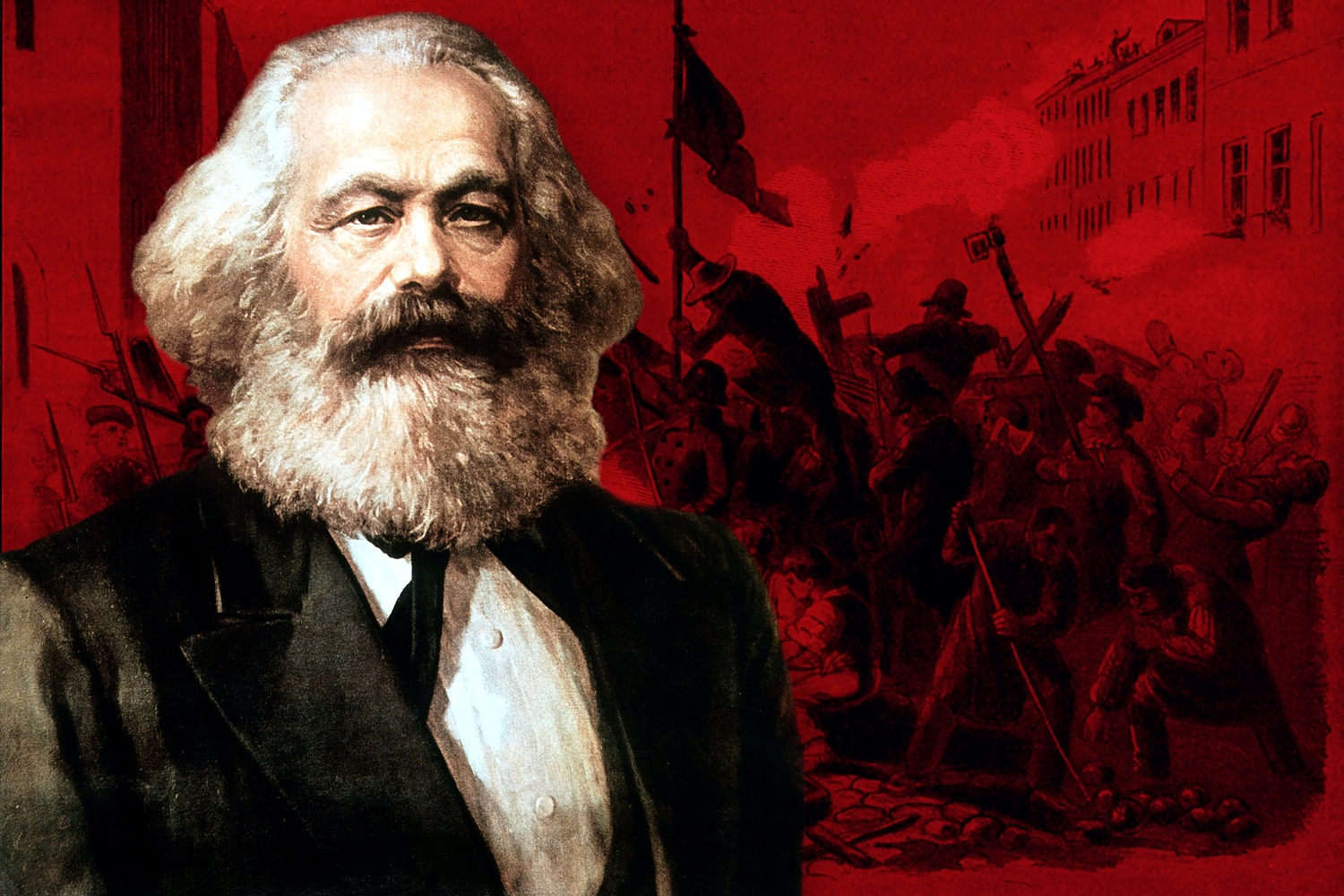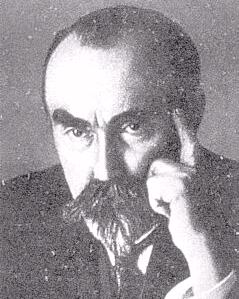Front Page, Table of Content
The Permanent Revolution Lives On!


Greetings comrades and enemies of the revolution!
With the long-anticipated Soviet rework arriving with No Step Back I decided it was time to make an AAR detailing an alternate history where Stalin was dethroned and replaced by the mythical Lev Trotsky. In truth, this is not my first attempt at telling such a story. Long Live the Permanent Revolution was indeed my first and aborted attempt to write such a story. Why was it aborted? Simply put, personal matters I will not delve into here, along with me, the writer, being dissatisfied with where the story went and felt it lacking in many ways, with the narrative going a different way than I envisioned and being too late to remedy it.
Thus this AAR will be a restart of said AAR! Consider it a reboot of sorts, central themes will remain the same, however, both during and after the AAR I have learned much about Trotsky, Stalin, Soviet politics, and WW2 that I wish to implement into the story, and taking out several misunderstandings. Moreover, with new releases of DLCs, I am now able to better form the story I want, tying in elements and focus trees from other countries to better represent the story I wish to tell.
"Will this be just a restart of your former AAR?" you may ask. Short answer: No. This will be a different story altogether, it will answer the very same question of "what is Trotskyism" and look at what would have happened if Trotsky, and not Stalin, lead the Soviet Union in the crucial dozen years from 1936-1948. However, this AAR will also diverge on one major point; this will not simply be a Soviet AAR, this will revolve around several countries. It might be overambitious, but instead of me the player only playing as the Soviet Union, and me as the writer only writing about the Soviet Union, I will instead play as several countries that will fall under the influence of Trotsky, the Fourth International, and Soviet-aligned communist regimes. In simple terms, I intend for this AAR to not only focus on the Soviet Union but on the communist movement as a whole.
In addition, I want this AAR to be narrative-driven, while it may be a good chance to look upon new NSB features, the focus will be on the narrative and politics, in line with a history book. Taking a step out of microelements of the gameplay and instead of constructing a greater overarching story.
Without further ado let us drop into the AAR. But wait, NSB have not been released yet? Fear not, up until release you will get several teasers, prologues, and introductions that will ease our way into the start of this AAR. Once started we will examine if Trotsky will just be another Stalin, bring forth a communist utopia, or be something different entirely. We will take a deep dive into the politics of the era, and while we examine whether or not Trotsky will be a saint or devil, we will also see if Trotsky and his fellow comrades will survive the next great clash of titans as his adversary Stalin did, or if he will be crushed by the other powers and again become a footnote in history. Once the proper AAR starts I will present house rules, goals, and more. Until then comrades!
Also credit due where credit's due: @Iskulya for assisting me in clearing up, presenting, and advising me on Soviet history, internal politics, and the Soviet interpretation of Marxism. @Shaka of Carthage who I will be basing my unit templates on (the Soviet Union and the majors) for historical non-meta divisions. More on that later.

Table of Contents:
Book one:
- Chapter One: Dostojevskijs Russia
- Chapter Two: Tolstoj's Russia and Bakunin's International
- Chapter Three: In Hoc Signo Vinces
- Chapter Four: The Lost Revolution
- Chapter Five: The Russian Revolution
- Chapter Six: The Kerenskiade
- Chapter Seven: The October Revolution and the Russian Civil War
- Chapter Eight: The Professional Revolutionary
Book Two:
- Chapter One: Stalin and Stalinism
- Chapter Two: Group of Democratic Centralism
- Chapter Three: Workers' Truth
- Chapter Four: Workers' Opposition
- Chapter Five: Right Opposition
- Preface: "Post-War" Era.
- Chapter One: The Weimar Republic
Supplements:

Psst! Heads up, I do not write this AAR to condone, condemn, glorify, demonize or support any particular ideology or country. Please refrain from violating forum rules on certain subjects, and because of said rules some events and subjects related to relevant countries and ideologies of this time period will not be addressed, so please refrain from bringing them up. That being said, if you are knowledgeable on relevant topics, ideologies, historical figures, and the time periods that are relevant to this AAR, please do not hesitate to post your information here or PM me.
Last edited:
- 4
- 2




